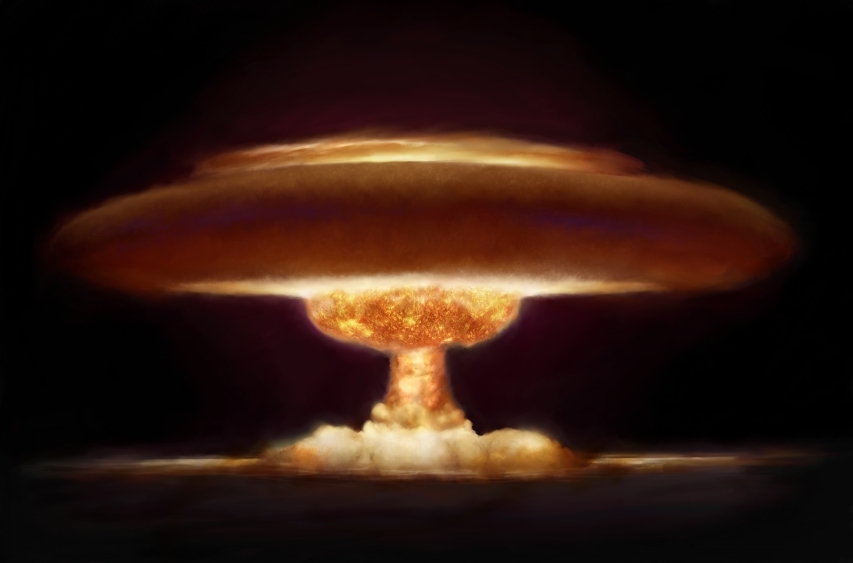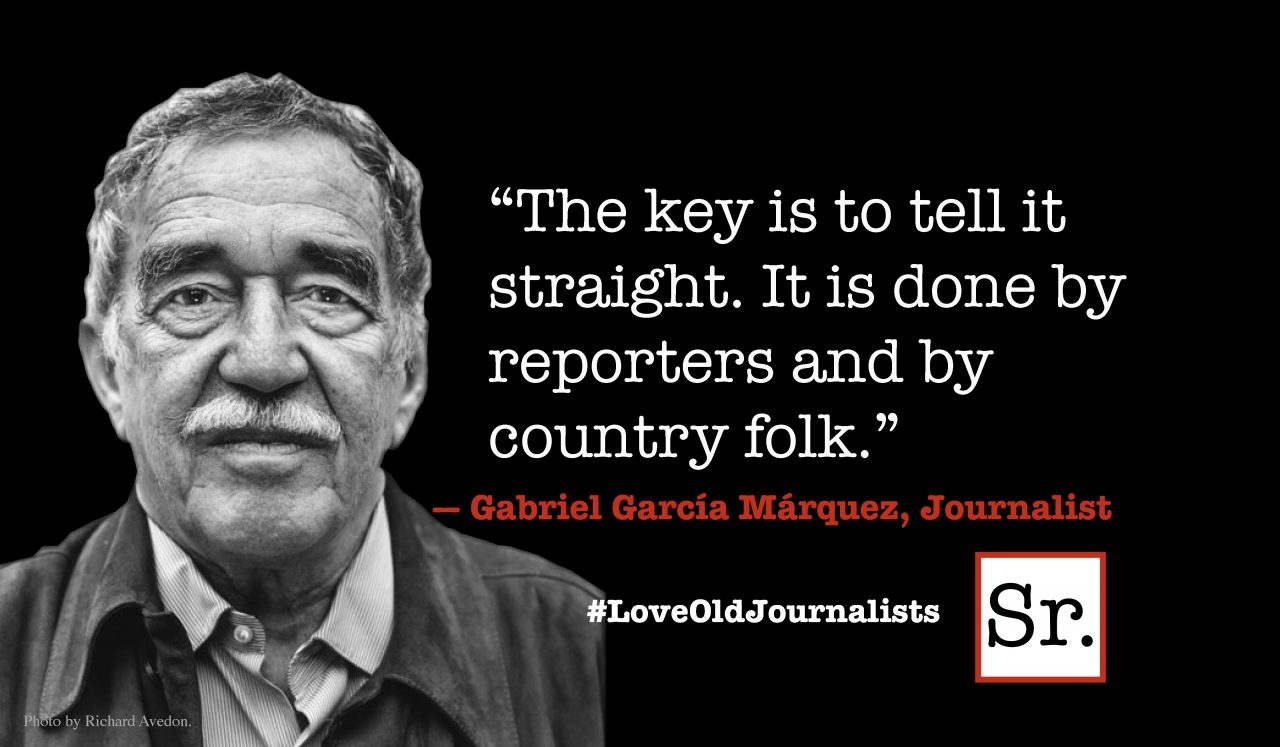The way Harry Truman saw it in August 1945, there was a sickening possibility that the Second World War would end in a historic bloodbath. The only alternative to a mutual massacre of American and Japanese troops, he believed, was the atomic bomb that his scientists told him was ready to use.
Months earlier, in the battle of Buna-Gona, New Guinea (my Dad was there and wrote about it in his diary, www.bunadiary.com), 2,300 Americans were killed and 12,000 were wounded. In land battles on Iwo Jima and Okinawa, U.S. forces suffered 75,000 casualties. On Iwo Jima, the president was informed, 21,000 Japanese troops fought fanatically to hold the island and 20,000 were killed.
In July, as secret plans were underway for a U.S. invasion of Kyushu, the interception of Japanese messages indicated their military build-up on Kyushu was four times larger than earlier estimates. In Truman’s estimation, the Japanese military government was prepared to fight on until every soldier was dead or wounded.
The atomic bomb, Harry Truman said, was the only way to “end the agony of war.” On Truman’s orders on August 6, an American B-29 dropped a bomb on Hiroshima killing 80,000 people.
The total swelled to 140,000 as people injured and suffering from radiation poisoning succumbed. An additional 80,000 died August 9 when a second bomb was dropped on Nagasaki. Whether the numbers fell short of projected deaths in an invasion of Japan has been the subject of debate for 69 years.
When Truman went on the radio to announce the use of the bomb, many Americans regarded it as a hopeful sign the war was about to end. But even hopeful Americans were sobered by the number of human beings – including civilians, women and children – who were blown away in Hiroshima and Nagasaki. It was immediately clear that the world had entered a dark and uncertain age.
Member churches of the Federal Council of Churches were appalled by the evils the new age had unleashed. Church spokespersons such as Presbyterian John Foster Dulles – known later for his policy of nuclear “brinksmanship” as President Eisenhower’s Secretary of State – urged a moratorium in further use of the bomb.
The Rev. Samuel McCrea Cavert, general secretary of the Federal Council, sent a telegram to the president on August 9, the day Nagasaki was bombed:
Honorable Harry S Truman
President of the United States, the White House
Many Christians deeply disturbed over use of atomic bombs against Japanese cities because of their necessarily indiscriminate destructive efforts and because their use sets extremely dangerous precedent for future of mankind. bishop Oxnam president of the council and John Foster Dulles chairman of its commission on a just and durable peace are preparing statement for probable release tomorrow urging that atomic bombs be regarded as trust for humanity and that Japanese nation be given genuine opportunity and time to verify facts about new bomb and to accept surrender terms. respectfully urge that ample opportunity be given Japan to reconsider ultimatum before any further devastation by atomic bomb is visited upon her people.
Federal Council of churches of Christ in America
Samuel McCrea Cavert general secretary
Harry Truman, in office only five months, struggled with diplomatic language in his terse response. In a letter dated August 11, he wrote:
My dear Mr. Cavert:
I appreciated very much your telegram of August ninth.
Nobody is more disturbed over the use of Atomic bombs than I am but I was greatly disturbed over the unwarranted attack by the Japanese on Pearl Harbor and their murder of our prisoners of war. The only language they seem to understand is the one we have been using to bombard them.
When you have to deal with a beast you have to treat him as a beast. It is most regrettable but nevertheless true.
Sincerely yours,
Harry S. Truman
The nuclear age had begun virtually over night, and Truman’s 11 successors made decisions that built, expanded or maintained the American nuclear arsenal. The political rationale from the very beginning was that the bomb was needed to end conflict or as a deterrent to conflict.
But to millions of church people, the potential for “indiscriminate destruction” of God’s creation became a daily nightmare and the focus of millions of sermons, statements and theological debates.
The churches began preaching that sermon of peace in August 1945, and seven decades later it continues unabated.









